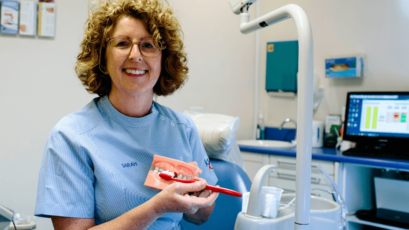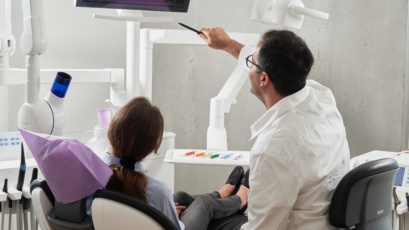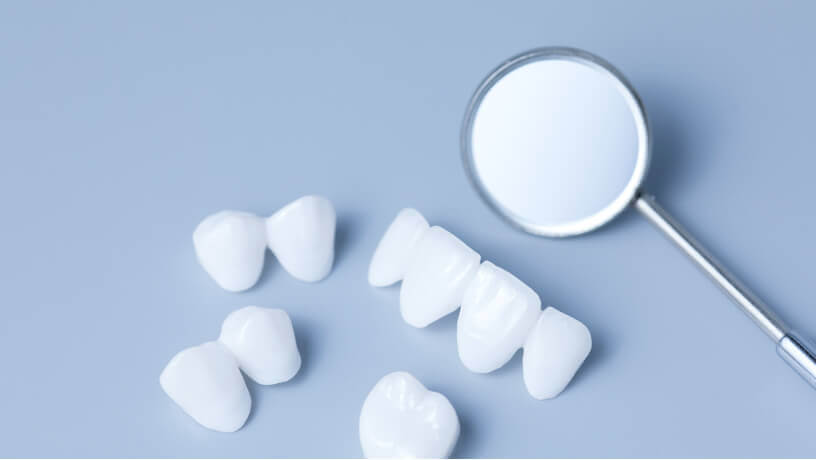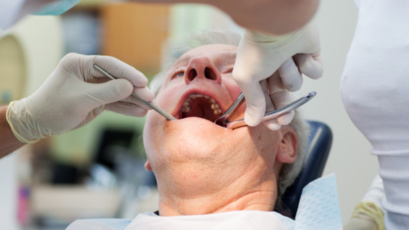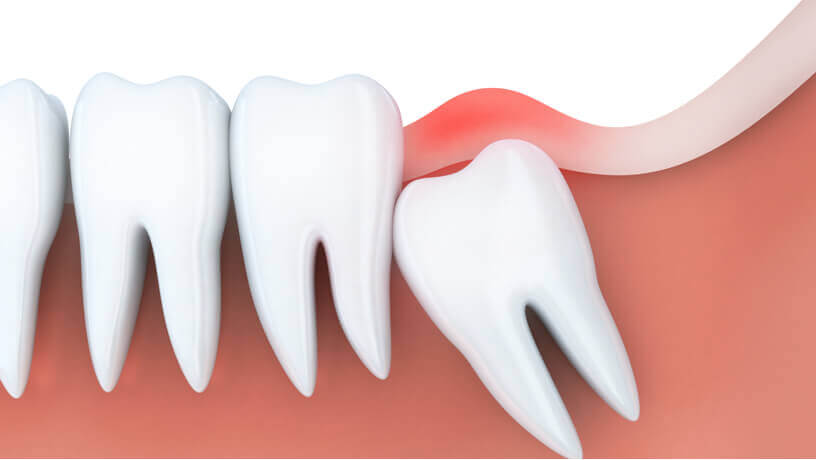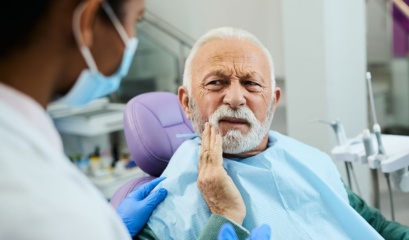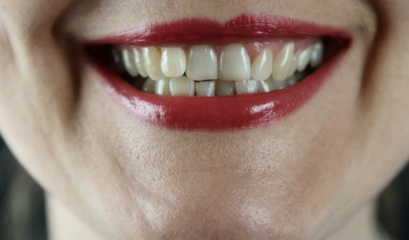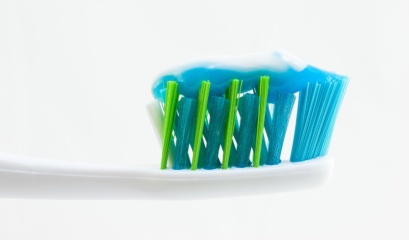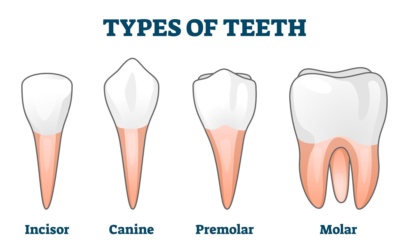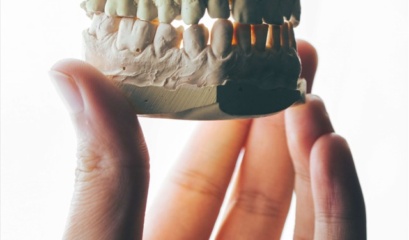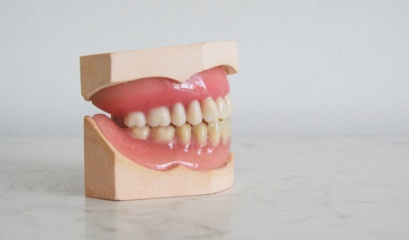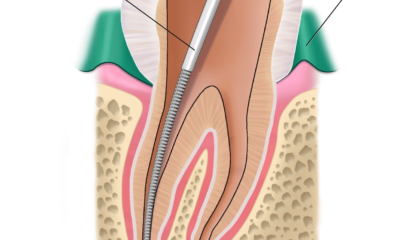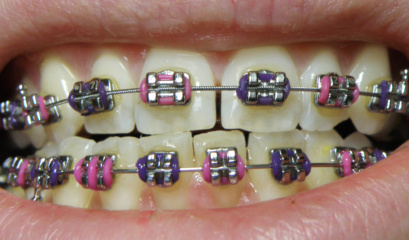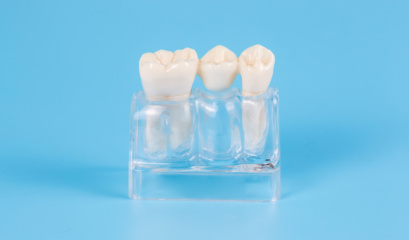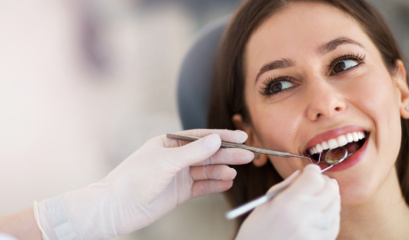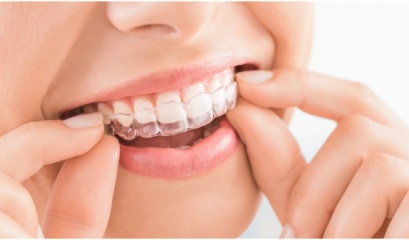Treatments
Let’s book you in and get you smiling again
Frequently asked questions
Generally, we recommended you visit your dentist at least twice a year. However, everyone’s needs are different, so it’s best to chat with your dentist. Based on the condition of your mouth, teeth and gums, they’ll be able to provide you with tailored guidance.
If you’re subject to high-risk factors, such as diabetes, smoking, or have a family history of dental problems, your dentist may suggest that you increase your visits.
Regular dental check-ups enable your dentist to conduct a complete examination of your teeth, mouth and gums. This will help detect and treat any problems early on or prevent them from developing altogether.
It’s rare, if not impossible that a dental issue goes away on its own, so early detection, treatment, and prevention can save you money, time, and discomfort. Issues like gum disease and oral cancer can also have serious consequences to your health if they aren’t addressed early enough.
Having your teeth regularly cleaned by a professional can further reduce your risk of developing other dental and health problems.
Some dental problems won’t be noticeable to you at home, which is why it’s important to get regular check-ups (this is doubly true if you have a history of decay). For instance, gum disease often develops without people noticing and they may only act on it when they experience bleeding gums or severe discomfort.
There are some warning signs that you can spot yourself at home. These include:
- gums that are swollen, tender or bleed when you brush or floss
- dental pain while chewing
- persistent bad breath
- loose teeth
- consistent bad taste in the mouth
- teeth that are unusually sensitive to temperature
Plaque is a whitish sticky biofilm that forms constantly on your teeth. It develops mainly in hard to reach places – between your teeth, on the back of your teeth and along the gum line.
The reason why plaque is bad for your oral health is that it contains and protects billions of bacteria. The acidic by-products of these bacteria damage your teeth leading to tooth decay, cavities and ultimately gum disease, if left untreated.
Over time plaque can harden into tartar which makes it impossible to remove unless you visit your dentist for a scale and clean. The good news is that you can prevent tartar easily by removing plaque with thorough brushing and flossing in all areas of your oral cavity – including the hard to reach places. These areas are most vulnerable to plaque and its effects because plaque can accumulate and develop undisturbed for long periods.
While a thorough visual inspection of the mouth will detect large and obvious holes, x-rays can show decay between teeth and changes in the thickness of bone caused by gum disease. They assist in determining any wear or breakdown of dental fillings. They can also reveal any unusual changes in the root and surrounding bone structures.
Detecting bacteria and decay that can be eating away the tooth unnoticed, is an important step in avoiding dental issues and complications. X-rays enable us to check hidden areas we can’t see with the naked eye.
Yes. The amount of radiation you are exposed to when you receive a dental x-ray is extremely minute.
Advances in the development of modern digital x-ray machines confine the radiation beam to only the area that is being x-rayed. Current x-ray films also have much higher speeds resulting in even shorter exposure times to radiation. Nowadays, with the use of digital x-rays, radiation is further reduced by another 90%.
Government regulations also require that x-ray machines are tested and calibrated for safety and accuracy at regular intervals.
A dental hygienist provides you with a professional oral assessment and evaluation of your gum condition as well as preventative maintenance. This allows the dentist to fully focus on providing you with specialised complex restorative care and treatment.
Our hygienists are specially trained members of our team. They work in close cooperation with our dentists. Together they provide patients with the best dental care – preventing dental disease through an individually developed maintenance program.
Any tooth pain is usually a direct indication that there is a problem. Even if the pain subsides, an infection may still be present and other related symptoms may surface. These may include severe facial swelling, cysts, overall systemic health issues or the sudden onset of a severe toothache.
Toothache intensity can vary from a dull throbbing ache to acute pain. The tooth involved may also be sensitive to heat, cold, pressure or sugary foods and beverages. In the case of severe pain that has spread, identifying the problem tooth can often be difficult.
Most toothaches get worse if left untreated. This deterioration may also be the result of other dental conditions. So if any dental pain is experienced, it is recommended that you contact your dentist immediately. The sooner you seek treatment, the easier and more successful your outcomes will be.
We do! We’re not tied to any health insurance company. Being an independent provider, we can ensure that you receive top-quality dental care without any restrictions.
Using our onsite HiCaps claim terminal, we can usually process a health insurance claim on the spot. All health insurance policies have different levels of cover and restrictions. If you’re unsure of your dental cover, we recommend you contact your insurer.

